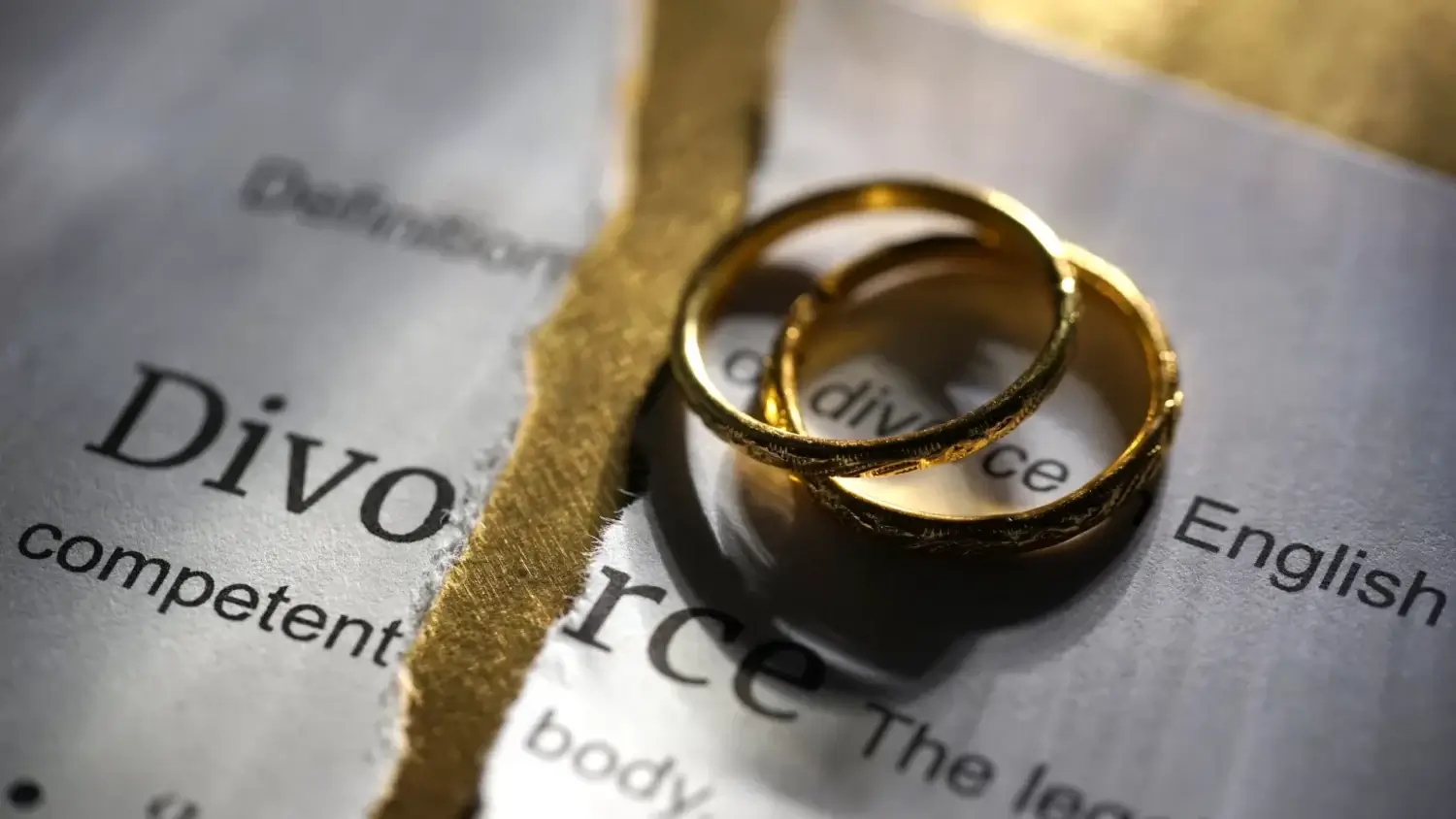
The Vital Role of Pension Sharing Orders in Divorce Settlements
It is now well documented that the Divorce process has been simplified. That is great news for many wanting to divorce without blame, but there may well be unintended consequences. Firms offering a “quickie divorce” (there is no such thing – it takes at least 26 weeks), are now being investigated by the UK’s Competition and Marketing Authority. The CMA has said that as there are more alternatives to traditional law firms entering this field, in many cases, the advisors are often not solicitors and “where they are unregulated, it becomes all the more important that normal consumer protection laws are complied with and, if necessary, enforced.” In contrast, as a traditional law firm, we are closely regulated by the SRA.
By making the divorce process seem simple, the financial aspects may be overlooked – such as the treatment of pensions. A pension sharing order is a legal mechanism that facilitates the fair allocation of retirement savings between spouses during divorce proceedings. Crucially, it is important to understand that there is no other way of dividing pension assets other than with a Court Order. It does not mean there has to be litigation, as the Order can be made ‘by consent’, but it must be approved by a court.
A pension sharing order permits the pension administrator to divide pension benefits between divorcing spouses. It ensures that retirement savings accrued during the marriage are fairly distributed, reflecting the financial contributions made by both partners. One of the fundamental reasons for obtaining a pension sharing order is to secure financial stability for both parties in their post-divorce years. By securing a fair share of the pension, both partners can continue to maintain their standard of living and meet their financial needs during their retirement years.
It is not unusual in a marriage for one partner to have dedicated more time to their career, resulting in a greater accumulation of pension benefits. A pension sharing order will take into account the years of contributions made by each spouse, ensuring that the financial sacrifices of both partners are recognised and rewarded. This approach acknowledges the collaborative effort that went into building the marriage and the associated financial security. It may also be necessary to look at the types of pensions held by the divorcing couple, as a final salary scheme will be valued very differently to a defined contribution or money purchase scheme. These are not simple calculations – very often, we will need to seek the expertise of a Pension Actuary.
Pension sharing orders offer legal protection to both parties. It is better for the spouse with the higher pension to know that future contributions will not be shared. Failing to address it is therefore potentially problematic from both perspectives.
At the same time as resolving the pension sharing order, the Court will be invited to approve the other agreements in relation to the house, the savings, and the debts.
It is therefore advisable to get some legal advice at the same time as starting divorce proceedings to make sure the potential pitfalls are considered and how to ensure everyone has understood all of the consequences.
The importance of obtaining a pension sharing order alongside divorce proceedings cannot be overstated. This legal mechanism safeguards the financial well-being of both spouses, ensuring that the contributions made during the marriage are fairly acknowledged and distributed.
If you would like to discuss your options regarding a divorce, our experienced Family team would be happy to help. Please get in touch via email or call your nearest office.
Disclaimer: General Information Provided Only
Please note that the contents of this article are intended solely for general information purposes and should not be considered as legal advice. We cannot be held responsible for any loss resulting from actions or inactions taken based on this article.
Insights
Latest Insights



Request a call back
We’ll arrange a no-obligation call back at a time to suit you.

